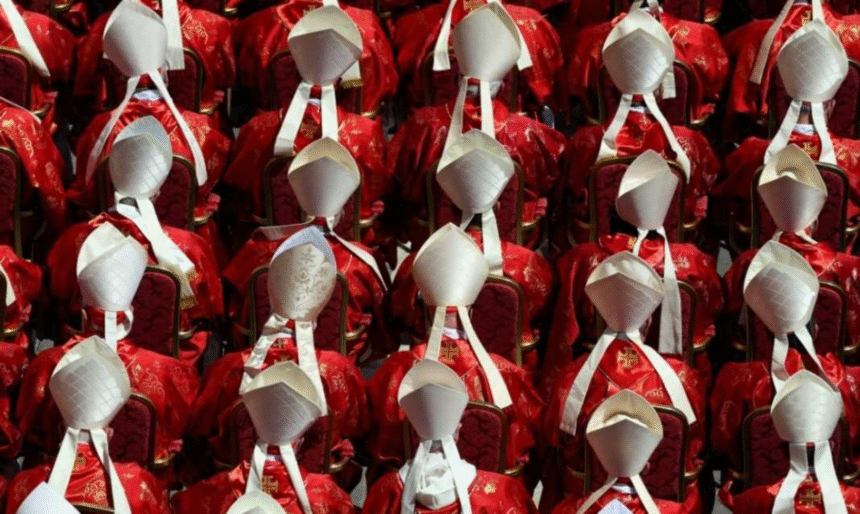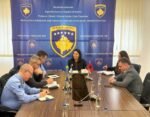All 133 cardinals under the age of 80, eligible to vote in the conclave to elect the next pope, have now arrived in Rome, the Holy See confirmed on Monday.
The secret conclave will officially begin Wednesday afternoon with the traditional extra omnes ceremony, sealing the doors of the Sistine Chapel. The process follows the death of Pope Francis on April 21 and is considered one of the most unpredictable and open conclaves in modern Church history.
While some cardinals are committed to continuing Francis’ reformist agenda — emphasizing transparency, inclusion, and outreach to the peripheries — others advocate a return to traditional teachings and a firmer doctrinal structure.
In the days leading up to the vote, cardinals have been meeting daily for general congregations. On Monday, 180 cardinals participated in the plenary session, including 132 of the 133 electors. One elector was absent despite being in Rome, while two others — from Spain and Kenya — are unable to participate due to health reasons.
According to Vatican spokespersons, recent discussions have touched on sensitive issues such as blessings for same-sex couples, the role of women in the Church, and the broader direction of the global Catholic community, which numbers around 1.4 billion believers.
Leading names mentioned as possible successors include Vatican Secretary of State Cardinal Pietro Parolin of Italy and Filipino Cardinal Luis Antonio Tagle, known for his pastoral and missionary orientation. However, many electors remain undecided.
“My list changes every day, and I believe it will continue to change,” said British Cardinal Vincent Nichols.
Meanwhile, 92-year-old German Cardinal Walter Kasper, who is not eligible to vote due to age, told La Stampa, “Most cardinals want continuity with Francis’ style — a pope who speaks from the heart and is close to the people, not locked away in the palaces of the Vatican.”







